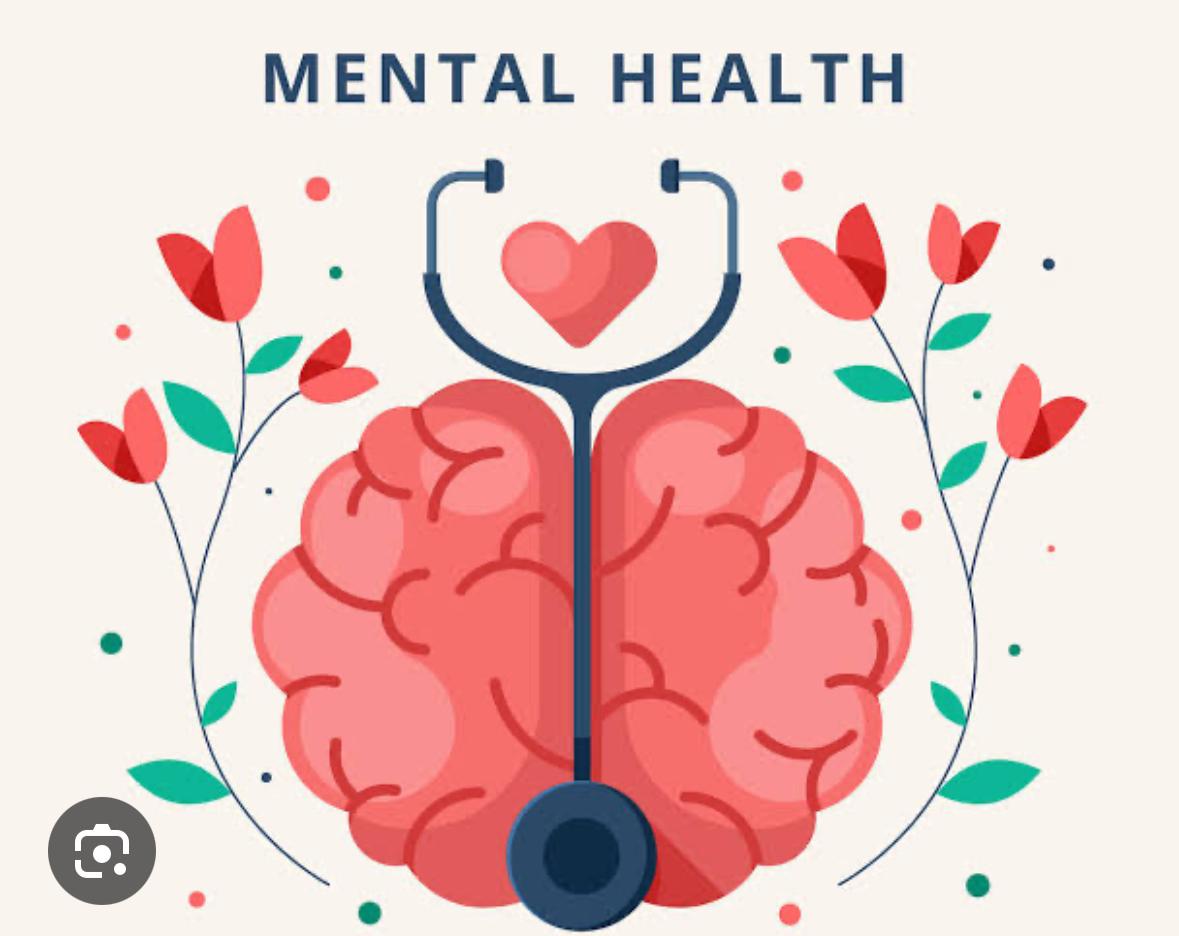Residential Mental Health Services Designed for Complete Care
Residential Mental Health Services Designed for Complete Care
Blog Article
Comprehensive Inpatient Mental Wellness Services for Effective Therapy
Inpatient mental health and wellness solutions represent a critical component of the health care system, providing a intensive and structured atmosphere for people experiencing severe mental distress. These solutions employ a multidisciplinary technique, incorporating various evidence-based therapies to resolve the complex requirements of people. The efficiency of such thorough treatment extends beyond instant stabilization; it likewise includes the change to outpatient assistance, a critical phase frequently neglected - Inpatient Mental Health Facility. Exploring the subtleties of this continuum reveals significant implications for both individual recovery and broader mental wellness end results. What variables truly affect this change, and just how can we boost its efficiency?
Recognizing Inpatient Mental Health And Wellness Services
Inpatient psychological health and wellness services provide critical assistance for individuals experiencing severe emotional distress that can not be handled efficiently in an outpatient setup. These services are designed to offer an extensive level of care in an organized environment, typically within a healthcare facility or specialized facility. People admitted to inpatient programs typically present acute signs and symptoms, such as suicidal ideation, extreme anxiety, or psychosis, necessitating day-and-night monitoring and treatment.
The admission process normally involves a detailed assessment by psychological health experts, that assess the person's mental state, background, and prompt requirements. As soon as admitted, individuals involve in a variety of healing modalities tailored to their details requirements, including drug management, private treatment, and team sessions. This holistic technique intends to stabilize the individual's condition, advertise safety and security, and foster coping skills.
Inpatient mental health and wellness solutions not just address immediate health and wellness problems but also function as a bridge to continuous treatment. By providing a controlled atmosphere, these solutions promote the growth of treatment plans that can be continued in outpatient settings, therefore making certain a continuum of treatment and improving long-term outcomes for individuals with complicated mental health and wellness requirements.
Secret Parts of Effective Therapy
Reliable therapy in inpatient psychological wellness solutions consists of numerous vital parts that cultivate recuperation and stablizing. A comprehensive assessment is essential to recognize the person's details requirements and difficulties. This evaluation informs the development of a customized therapy plan, which acts as a roadmap for intervention.
An additional essential part is the multidisciplinary team method. Collaboration amongst psychoanalysts, psychologists, nurses, and social employees makes sure that different perspectives add to the individual's care, enhancing the performance of treatment. Evidence-based restorative modalities, such as cognitive-behavioral therapy (CBT) and dialectical behavior modification (DBT), are additionally important, providing structured techniques that deal with maladaptive thought patterns and behavior problems.

Lastly, a concentrate on aftercare preparation is important to guarantee a smooth change to outpatient services, minimizing the threat of relapse and advertising long-lasting wellness. These cumulative components develop an efficient therapy framework within inpatient psychological health and wellness services.
Advantages of Comprehensive Care

Extensive treatment in inpatient psychological health services uses numerous benefits that substantially boost patient results. Among the key benefits is the holistic method to therapy, resolving not just the psychological see here symptoms however additionally the physical, social, and psychological demands of patients. This extensive evaluation enables customized treatments that promote overall well-being.
Another benefit is the combination of multidisciplinary teams, which promotes partnership amongst medical care specialists. This joint setting ensures that individuals obtain coordinated care, minimizing the danger of fragmented therapy and boosting interaction amongst caretakers. Thorough treatment assists in continuity of services, allowing for smooth shifts from inpatient to outpatient settings, which is essential for long-term recovery.

Lastly, the structured setting of comprehensive inpatient treatment gives a secure room for individuals to engage in restorative activities, helping them create dealing methods and durability. Collectively, these benefits add to a lot more efficient treatment and improved quality of life for people experiencing psychological health and wellness crises.
Evidence-Based Healing Strategies
In the world of mental health therapy, evidence-based restorative methods play an important role in guaranteeing that patients obtain efficient and scientifically sustained interventions. These approaches incorporate the finest available study with clinical expertise and person values, fostering a customized treatment experience that resolves individual demands.
Cognitive Behavior Modification (CBT) is one of the most extensively recognized evidence-based techniques, concentrating on identifying and changing unfavorable idea patterns and behaviors. This structured technique has actually demonstrated effectiveness in dealing with problems such as anxiety, depression, and ptsd. Likewise, Dialectical Actions Treatment (DBT) is specifically effective for individuals with borderline personality disorder, highlighting the advancement of emotional guideline and social performance abilities.
Furthermore, medicine management is frequently an essential element of evidence-based treatment, as psychotropic medications can alleviate symptoms and boost total performance. Collective care models, which entail multidisciplinary groups, basics additionally improve the efficacy of inpatient services by making certain thorough analyses and constant tracking.
Ultimately, the assimilation of evidence-based healing methods not only advertises favorable medical outcomes yet likewise empowers people, promoting a sense of firm and durability in their mental wellness journeys.
Transitioning to Outpatient Assistance
The shift from inpatient mental wellness services to outpatient assistance marks a critical stage in a client's recovery trip. This duration needs careful planning and control to make certain connection of treatment and to minimize the dangers of relapse or situation. Effective discharge preparation ought to start early in the inpatient stay, entailing a multidisciplinary team that consists of psychiatrists, psychologists, registered nurses, and social workers.
Crucial element of an effective transition include the growth of an extensive aftercare strategy tailored to the individual's details requirements. This strategy should detail follow-up consultations, medicine monitoring, and therapeutic interventions, along with identify neighborhood sources and assistance groups that can assist in recurring recovery.
Additionally, person and family education is crucial throughout this phase. Understanding the indications of possible setbacks and the significance of adhering to therapy can encourage people and their support group.
Regular follow-up and reassessment of the outpatient plan are vital to address developing difficulties. By promoting a joint partnership in between inpatient and outpatient companies, the chance of continual recuperation rises, ultimately boosting the person's lifestyle and lowering the threat of readmission.

Verdict
In summary, detailed inpatient mental health and wellness solutions supply a vital structure for resolving severe mental distress via a multidisciplinary approach. By integrating evidence-based therapies, promoting an organized setting, and promoting family involvement, these solutions boost therapy performance. The emphasis on stability and the development of coping skills not just help in prompt recuperation but also helps with a smoother shift to outpatient care. Eventually, such detailed treatment is essential for lasting psychological wellness and well-being.
The admission process typically involves a comprehensive assessment by psychological wellness experts, who assess the individual's psychological state, background, and instant needs.Effective therapy in inpatient mental health services consists of a number of essential components that cultivate recuperation and stabilization.Comprehensive treatment in inpatient psychological health solutions uses various benefits that significantly boost client outcomes.The change from inpatient mental health solutions to outpatient support notes a vital Our site phase in an individual's healing trip.In summary, comprehensive inpatient psychological health solutions provide a crucial framework for addressing serious psychological distress with a multidisciplinary method.
Report this page